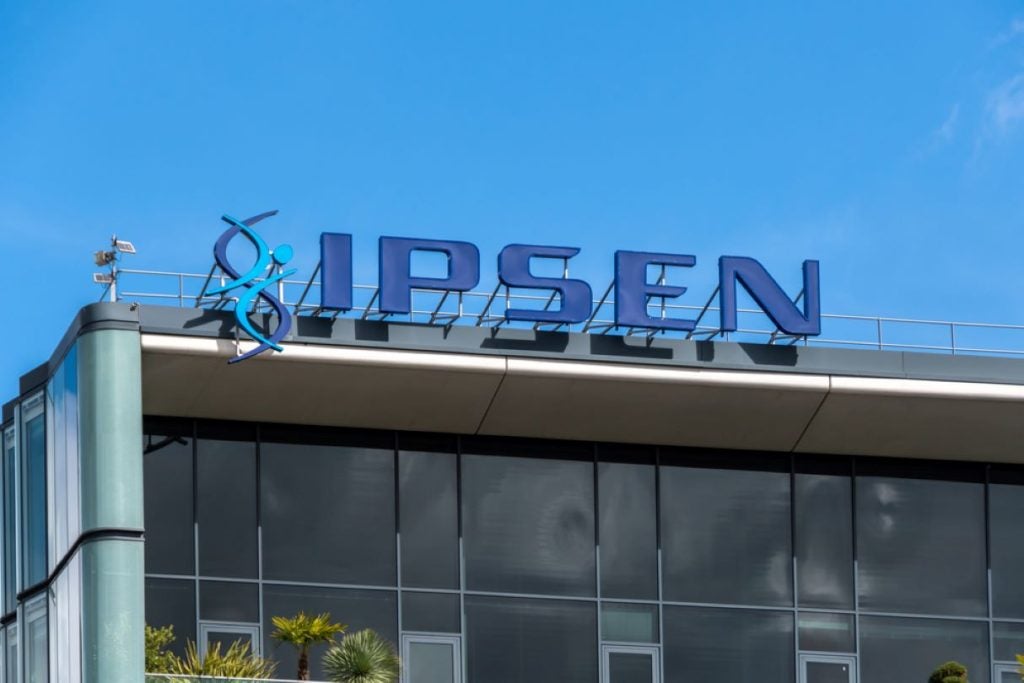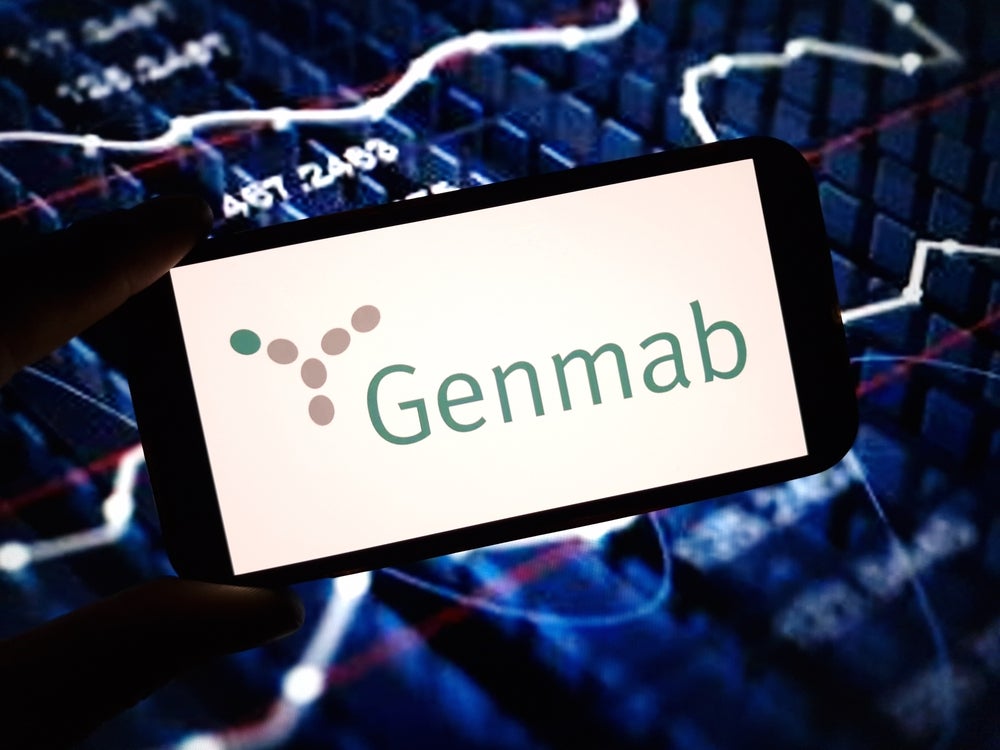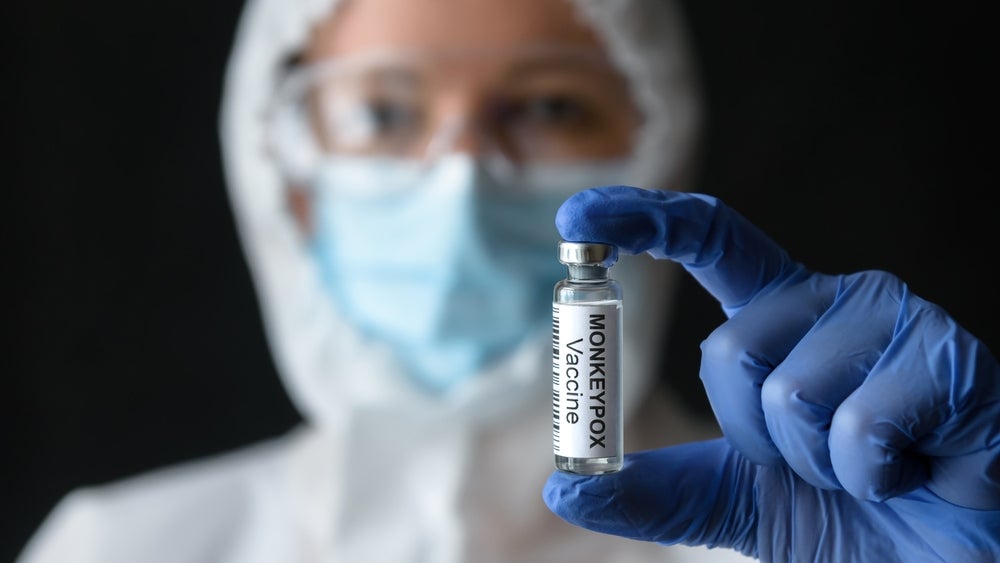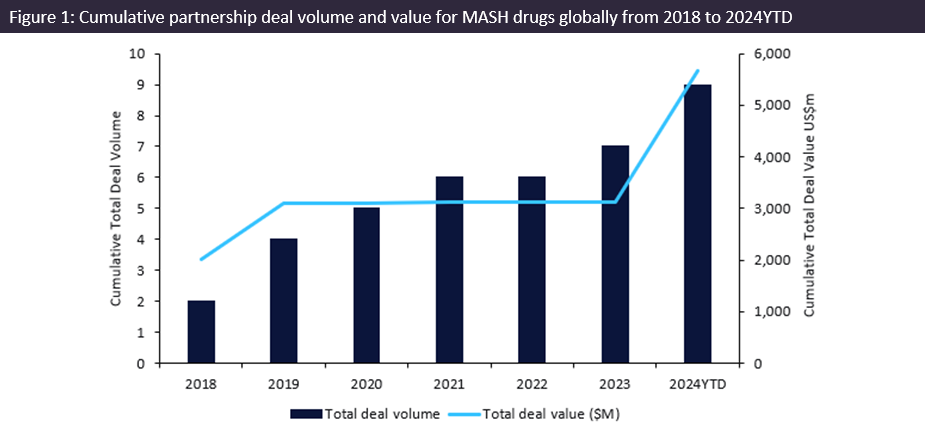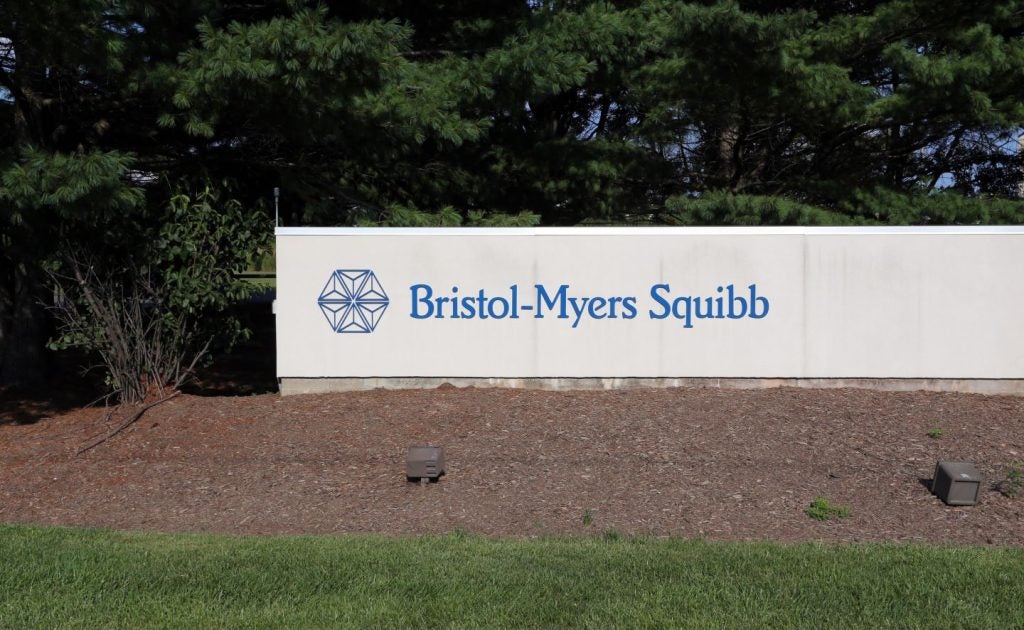Ipsen has joined the slew of companies developing antibody-drug conjugates (ADC) with the announcement of a new global licensing agreement with Sutro Biopharma for the development of the latter’s STRO-003.
Ipsen declared that the deal would give it exclusive worldwide rights to develop and commercialise the ROR1-targeting ADC STRO-003. Ipsen is accountable for Phase I preparations, including investigational new drug application (IND) submissions. The Paris, France-headquartered company will also be responsible for the later clinical development and global commercialisation of STRO-003.
Under the partnership, Sutro Biopharma could receive up to $900m in prospective upfront, development, and commercial milestone-based payments. This is inclusive of $90m in near-term payments in the form of tiered royalties on global sales, and an equity investment, dependent on Ipsen’s successful development and commercialisation strategy.
STRO-003 is one of three named ADCs being developed in Sutro’s clinical pipeline. In June 2023, Sutro announced plans to submit INDs for STRO-003 in 2024 and another ADC, STRO-004, in 2025.
In a 1 April company press release, Mary Jane Hinrichs, Ipsen’s head of early development said, “The potential for ADCs in oncology is well-documented and we are excited by the addition of STRO-003, Ipsen’s first ADC candidate with best-in-class potential.”
ADC development has risen in the pharmaceutical industry in recent years with major companies signing high-value deals to gain assets in the modality. In December 2023, Johnson and Johnson signed a $1.7bn licensing deal to acquire an ADC from the South Korean biotech LegoChem. Similarly, Bristol Myers Squibb spent an exorbitant $8.4bn on an ADC deal with SystImmune in the same month.


